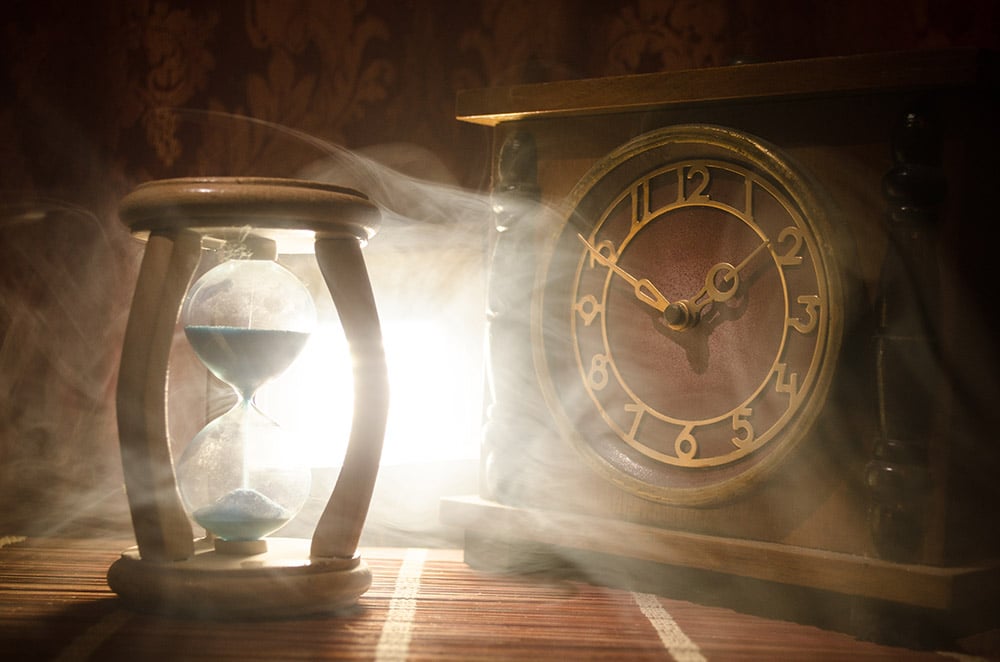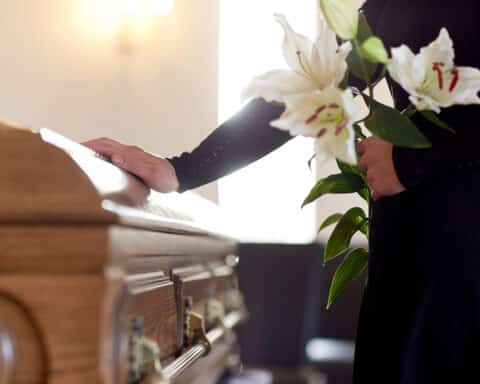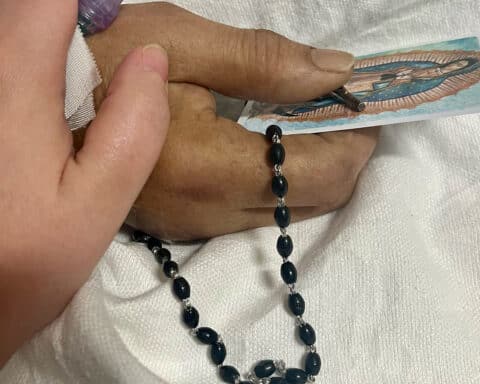
— Name, location withheld
Answer: Questions like these center on matters such as time, human freedom and God’s sovereignty. Of particular importance is to understand that God does not live in time the way we do. God is in the fullness of time we call eternity. Eternity is not just a long, long time; it is the fullness of time. This means that the day of my birth, the day of my ordination to the priesthood and the day of my death are all equally present to God.
We can get a picture of eternity by imagining a clock face. On the circular face there are numbers at the edge and there is a center dot in the middle of the circle. Let’s say it is 10:00 a.m. This means that, out at the edge, 4:00 p.m. is in the future and 8:00 a.m. is in the past. But at the center dot, 10 a.m., 4 p.m. and 8 a.m. are all equally present. By analogy, this is where God is. The whole sweep of time is before him at once. God is not waiting for things to happen or wondering what we will do at some point in time. God has always known what we will do, experience, think or ask. In this sense, we can speak of God knowing how long we will live and that we have a set number of days.
That God knows what we will do does not destroy our freedom. God has simply known all along what we would freely do or ask. To illustrate this, imagine that you are sitting upon a hill and see two trains in the valley on the same track heading for one another around a curve. You seeing and knowing what is about to happen doesn’t make the trains collide. Rather, it is the errors and free acts of human beings that have brought this about. So it is with God. His knowing what we will do does not force us to act fatalistically in some way. It is simply that he has always known; each moment has always been present to him.
Someone may ask: If God already knows everything that will happen, why bother praying at all? Simply put, God has also and always known whether or not you would pray and has factored that into what he will do. God answers prayers faster than right now and sooner than immediately. St. Augustine said, “Act as if everything depends on you but pray and know that everything depends on God.”
As for COVID or any similar issue, say death by heart disease, we can reason in a similar way. Consider that heart disease is usually the result of choices related to food and exercise. In our free acts, we can influence our lifespan and heart health. Choose well and, other things being equal, you will live longer. So, in this sense, our days are not simply or fatalistically determined, such that we have no free input into health and length of days. However, God has always known what all those choices would be and where they would lead. In this sense we can speak of the number of our days as being determined and say things such as, “It was just her time.” Psalm 139 says, “in your book all are written down; my days were shaped, before one came to be” (v. 16).
So, God is sovereign. He is not surprised at what we do or wonder what we will ask. But we are also free and responsible for what we do. We must hold both truths in the tension and balance that they require. We must also realize these matters are caught up in the mystery of time and that God lives in eternity.
Msgr. Charles Pope is the pastor of Holy Comforter-St. Cyprian in Washington, D.C., and writes for the Archdiocese of Washington, D.C. at blog.adw.org. Send questions to msgrpope@osv.com.





